Since their childhood, life for women like Dulari has never been easy. Looking at their situation, it seems that their lives are stuck in an endless cycle of misery.
New Pind is one of the most densely populated areas of Sukkur where diverse communities including Sindhi, Urdu speaking, Punjabi, Pathan, Brohi, Saraiki, Hindus, and others are living without even the basic civic facilities. The main road leading to New Pind from Sukkur is damaged with big craters in some places, and being the only main road of the locality, it remains buzzing with traffic all the time except for a few hours, from late night to early morning.
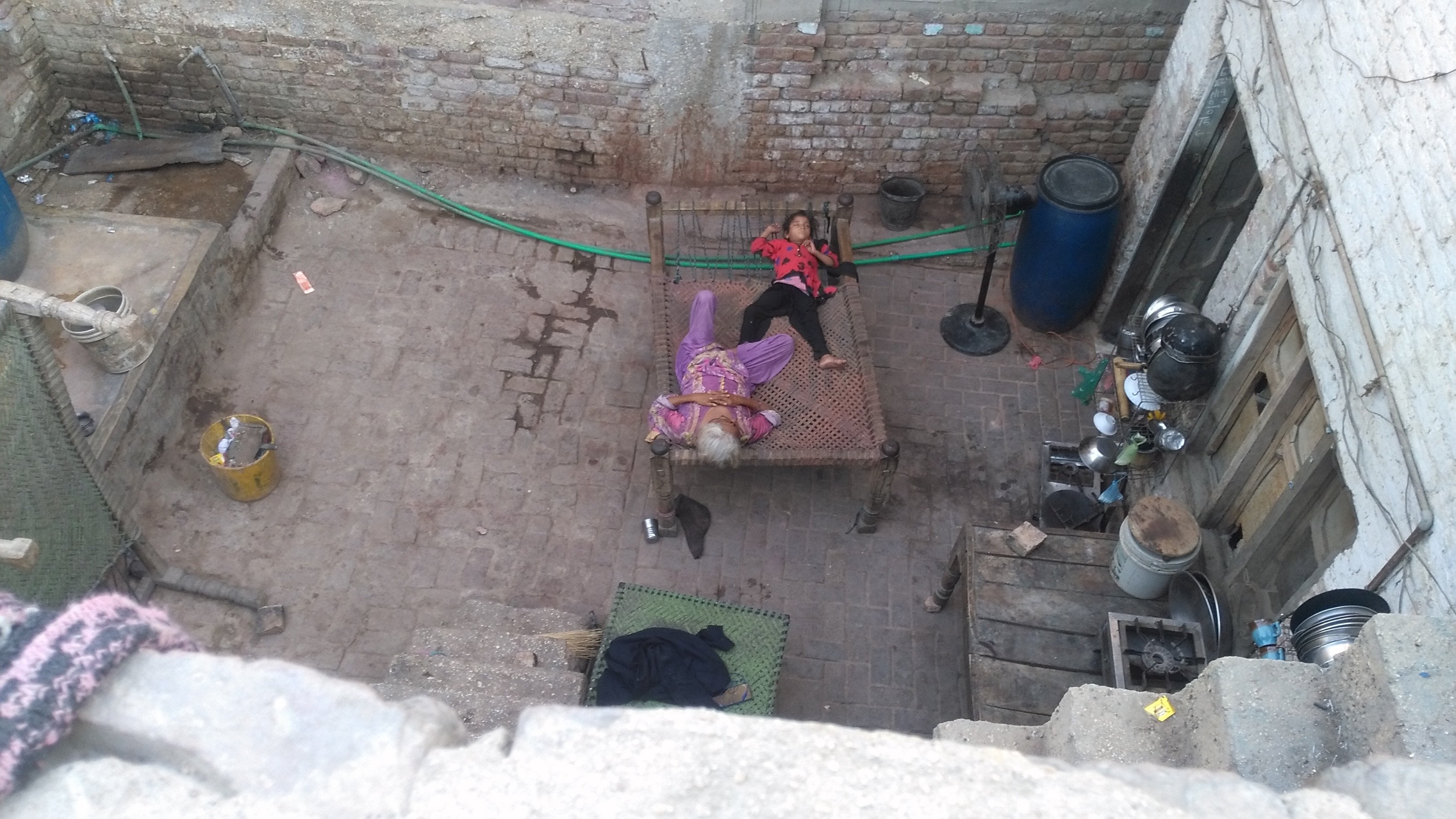
According to a survey, almost 90 percent of the population is poor and lower middle class, as most of the people living there belong to the labour class or are low grade government employees. There are many colonies and neighbourhoods in New Pind including the Pathan Colony, Ahmed Nagar, Islam Colony, Mughal Colony, Agha Badruddin Colony, Chachar Muhalla, Brohi Muhalla, Darzi Muhalla, Mahar Muhalla, Police Lines Muhalla, and Mohammadi Jamia Masjid Muhalla. Among these colonies and neighbourhoods, there is Sochi Para that houses many Hindus who by profession are cobblers. Although there are many localities in New Pind where lack of civic facilities is obvious, when we talk about Sochi Para, it can be termed the dirtiest neighbourhood in New Pind because of two reasons: lack of civic facilities and residents’ indifference to the hygiene of the area. Most of the people in Sochi Para come from very underprivileged backgrounds. They are barely surviving in small and dark houses, built on very narrow streets that are often filled with sewage. The exterior walls of the houses and other structures are tainted with spits of gutka (a form of smokeless tobacco consisting of areca nut, slaked lime, catechu, and sun-dried, roasted, finely chopped tobacco) as most of the inhabitants, including children, are gutka users.
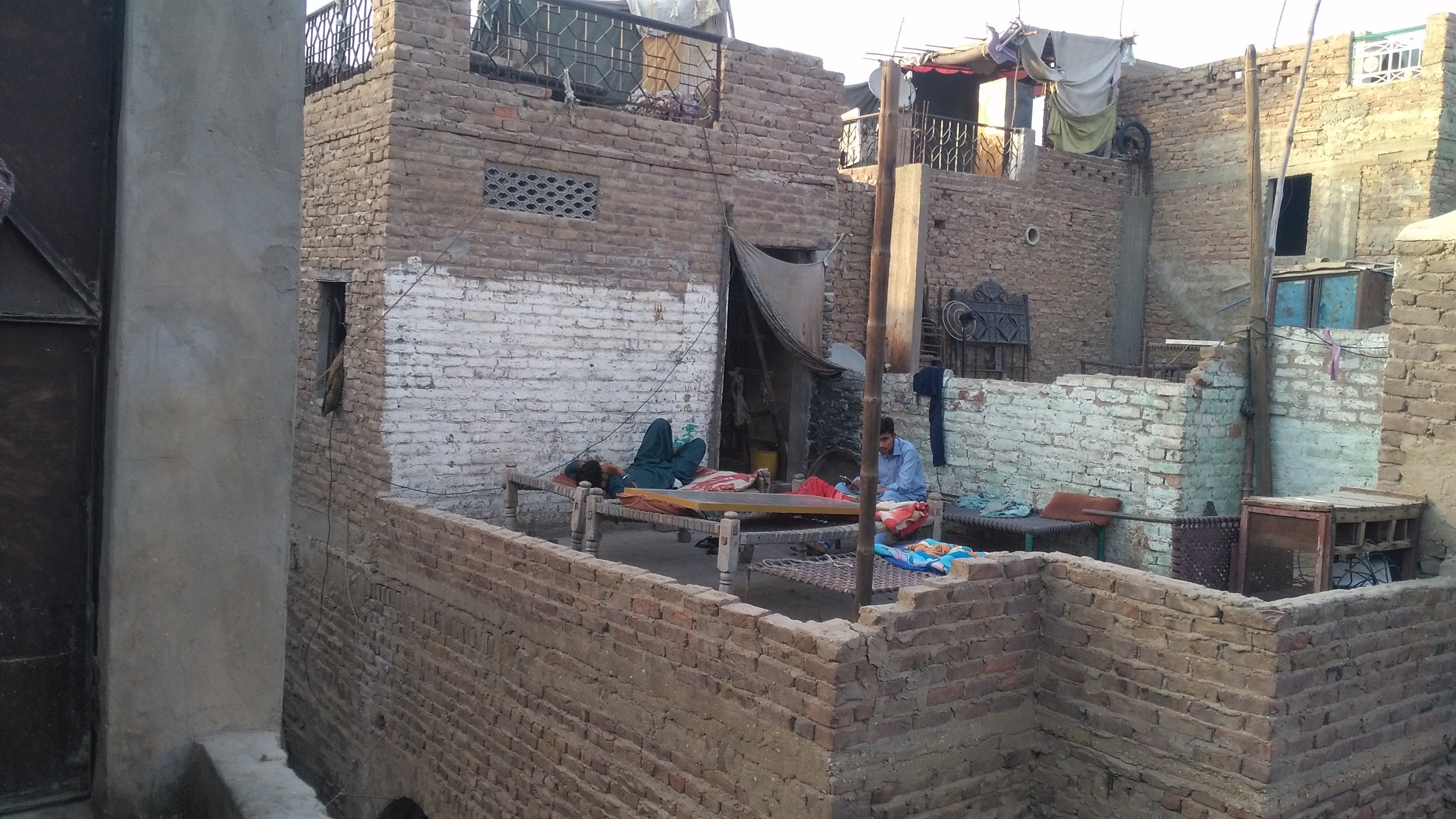
The whole of New Pind is inhabited by mostly underprivileged people who are either uneducated or have very basic schooling. Many of them are inclined to drug addiction due to the easy availability of all types of drugs. A large number of people freely use drugs, and drug sellers are minting money in the area under the umbrella of the local police. Gambling and prostitution are also huge menaces in New Pind, pushing the younger generation in the grip of the people operating these illegal businesses. Gambling is a big attraction for making easy and quick money, but generally, most of the gamblers return home empty handed. Street crimes are rampant, and the police seem helpless or ignorant of the situation. Electricity theft is quite common throughout the area; some people are involved in this fraud with the connivance of some SEPCO officials, while others steal electricity on their own.
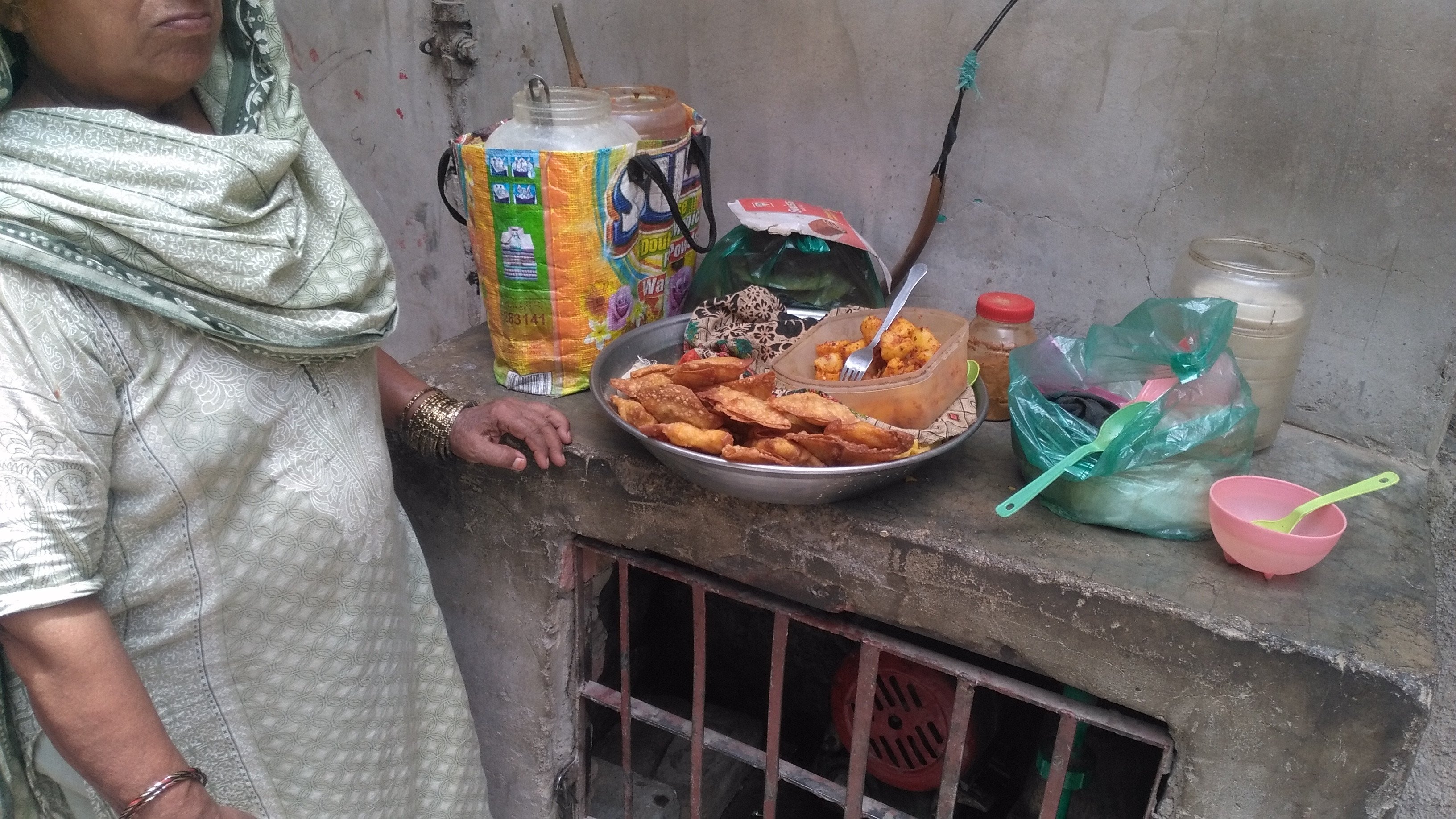
Dulari, along with her husband and six children, live in a one-room house in Sochi Para. Apparently, she has compromised to the conditions of her area and looks happy, or she pretends to be. Her husband Parru, like other men of his community, is a cobbler and works in downtown Sukkur to earn a livelihood for his family. His income is too meagre to fully cater to the needs of eight people. Dulari is an expert at making rilli, (a type of traditional quilt or bedspread originating from Sindh). Sewing small pieces of cloth together, the process entails a great deal of hard work, and the completion of a rilli requires at least fifteen days. “Nowadays, preparing a rilli takes much time and money, and the price the shopkeepers offers us is not even enough for the material used to make a rilli”, Dulari says. According to her, electricity in her area remains suspended for around 18 to 19 hours in a day, making it impossible for her to complete even her domestic chores, leave alone making a rilli that requires proper light. “I, therefore, try my best to complete my rilli work during the daytime because after sunset nothing can be done except for retiring to bed”, she says with a big smile showing her gutka stained teeth.
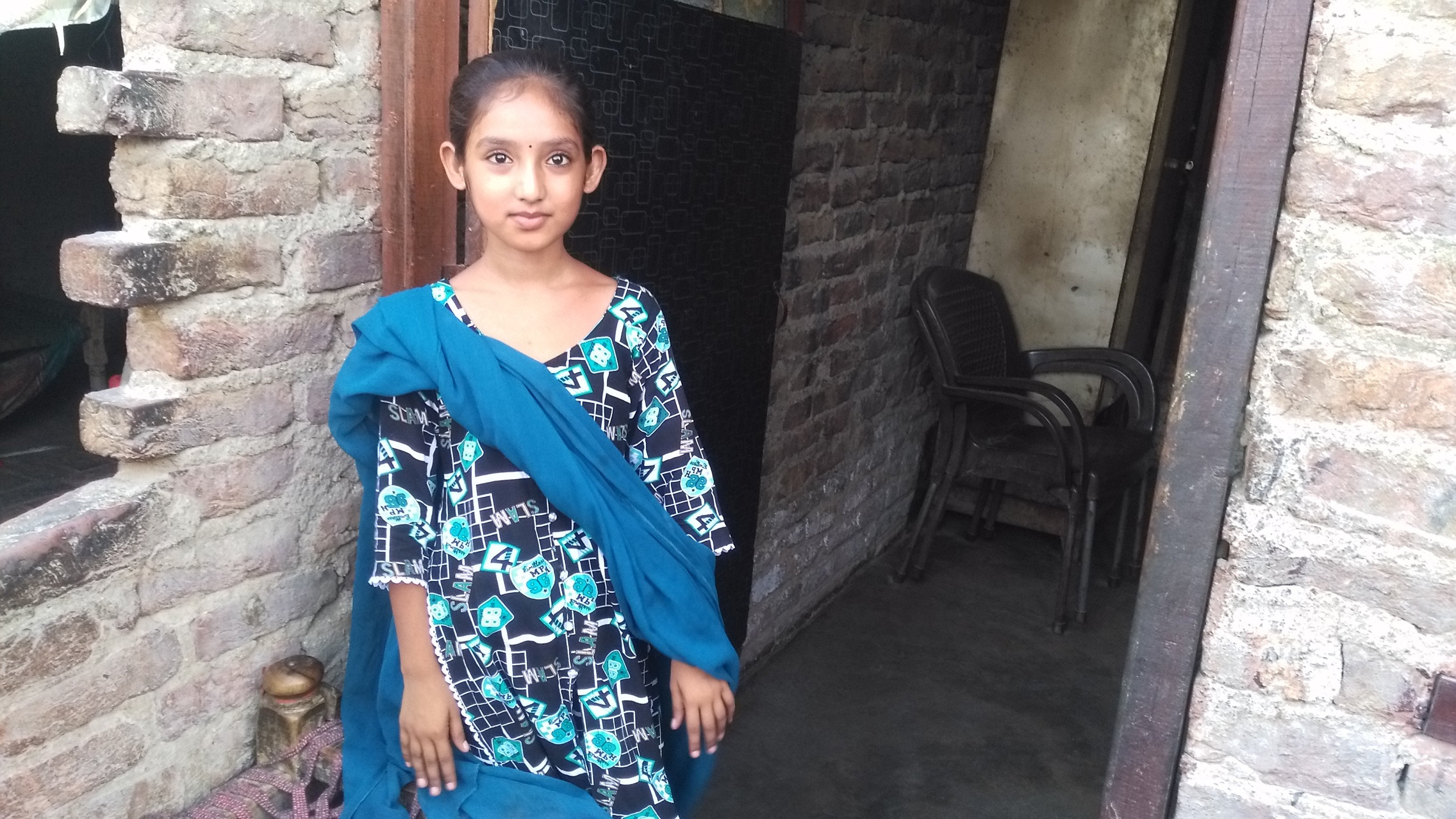
Talking about her children, Dulari says, “Neither my husband and I have ever been to school nor our children want schooling; a cobbler’s son is supposed to become a cobbler, and most of our girls learn to make rillis or other patch work to help support their families.”
Replying to a question about the use of drugs in her area, Dulari says that it is quite common, and nobody cares about it. “When people are without enough money, they are attracted to crimes, and drug use is one of them”, she said adding that even children and young girls are addicted to drugs. “Gamblers are robbing the youth mercilessly, and the greedy youth, in order to earn money, often lose their hard-earned money at the gambling dens.” According to her, the people running the gambling and prostitution dens are so powerful, they are continuing their “business” without any fear of any consequence. Sometimes, the police raid the gambling and prostitution dens and also make arrests, but the next day, the suspects are set free. In her area, it is the poor who have to pay the price.
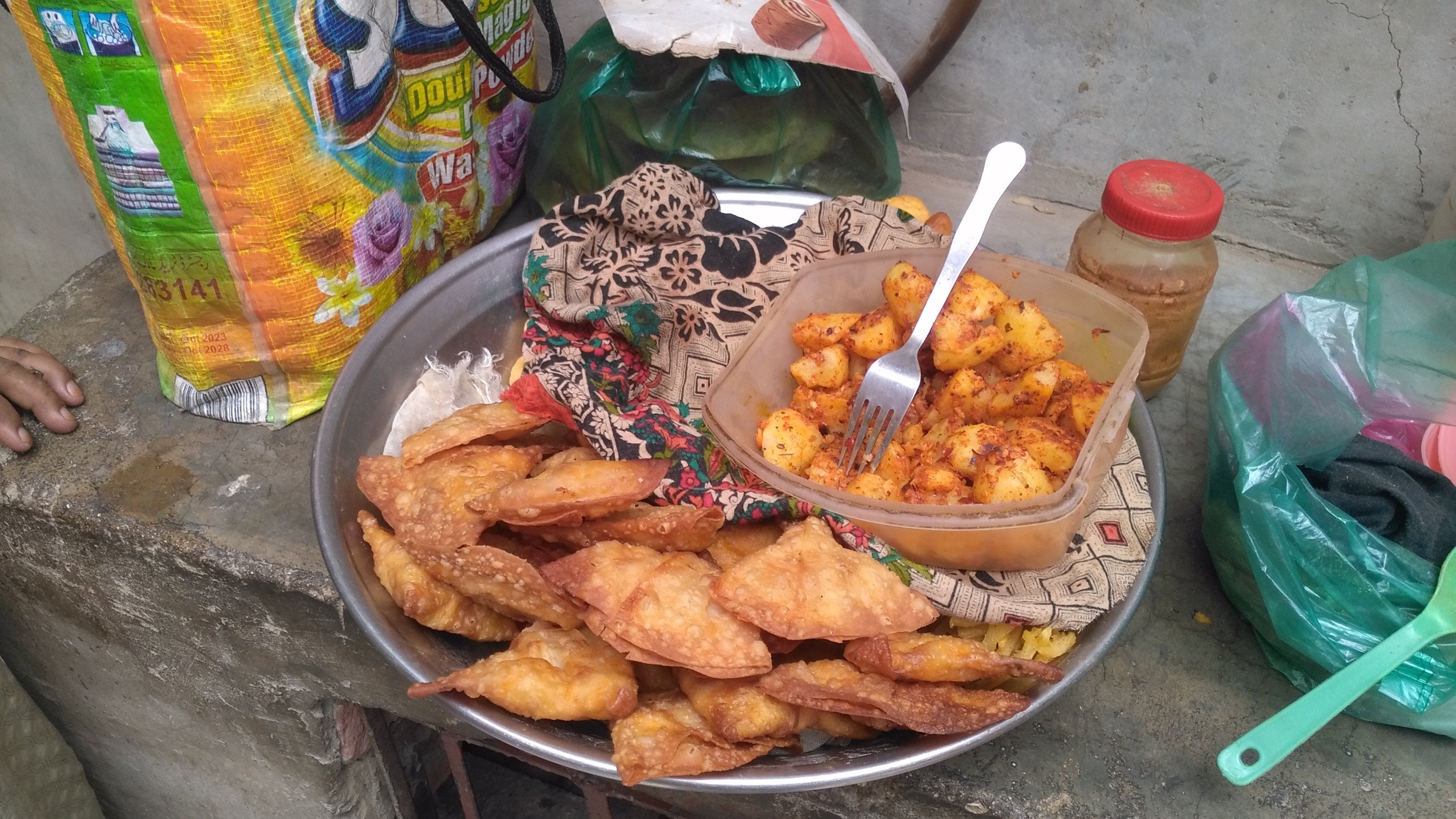
Kamla is another woman living in Sochi Para, and without any work to keep her busy, she keeps roaming the whole area for gossip sessions with her friends and acquaintances. Kamala, in her late 40s, has three daughters-in-law and ten grandchildren. She is a very popular figure in the area, as she takes interest in resolving the conflicts in the community and is infamous for using abusive language, which is a routine practice for many men. Before talking to the Express Tribune, she reached into the side pocket of her kurta and pulled out a sachet of naswar (a moist, powdered tobacco product), expertly made a tiny ball and placed it inside her lower lip. She says, “All the men in our locality are too busy to give time to their families but they have enough time to spend at the drug and gambling dens.”
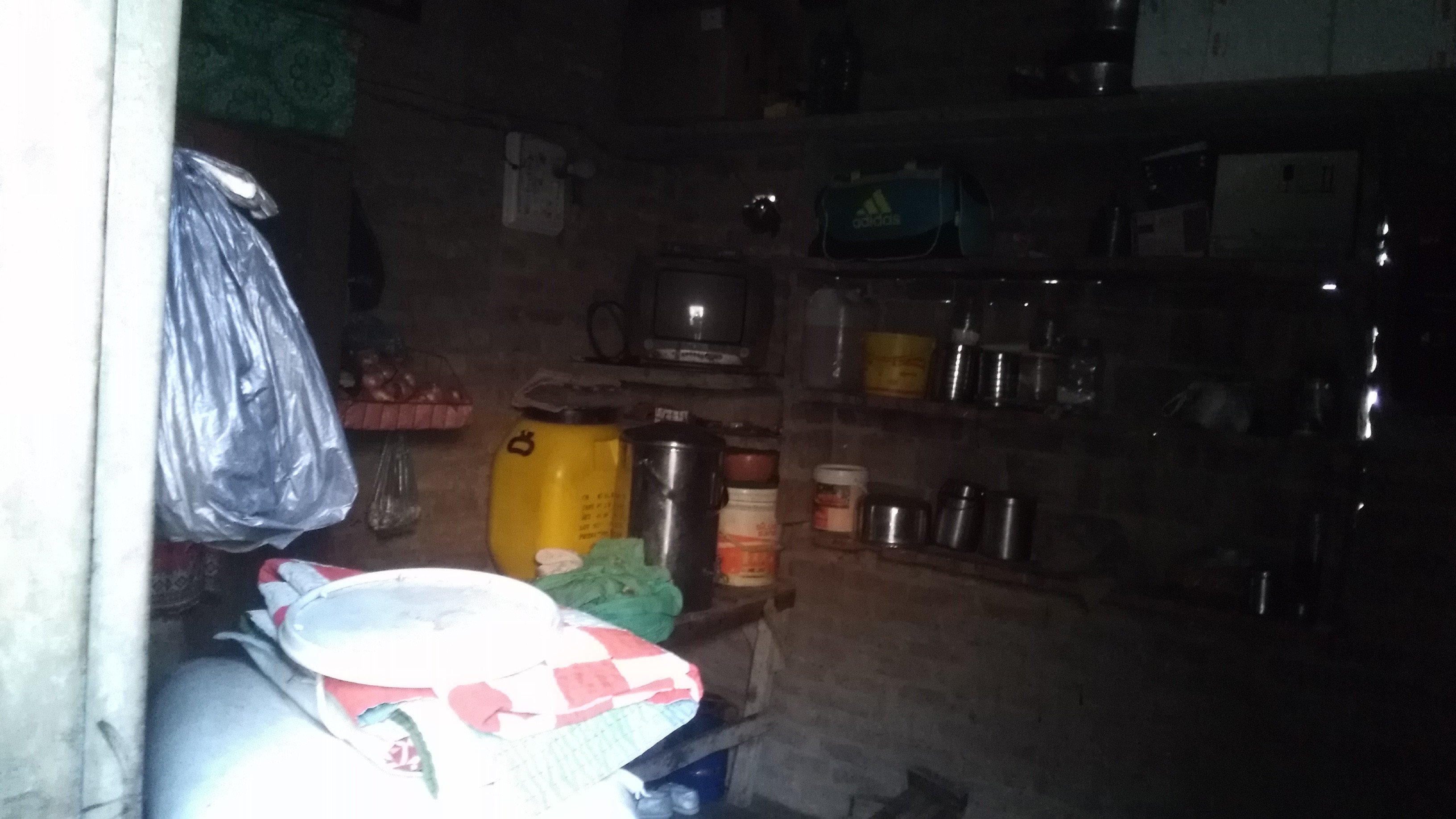
Replying to a question about using naswar, Kamla says, “I also used to prepare bhang (an edible mixture made from the buds, leaves, and flowers of the female cannabis, or marijuana, plants) sometimes, besides chewing gutka, which is quite common in our locality.” Responding to another question she says, “Why should l keep myself busy in domestic chores when I have three daughters-in-law? Now it is their turn to serve me?” When asked what would happen if her daughters-in-law refused to serve her because they have to take care of their children in addition to doing the daily chores. In response, she spits on the floor, and using abusive language against her daughters-in-law retorts, “They cannot dare to say no to me because I can beat them black and blue.” To another question, Kamla replies, smiling proudly, “As far as my sons are concerned, they don’t have the guts to face me when I am angry. You can ask people in the locality, and they will confirm my claim. I am the ‘badmash’ of the area.”
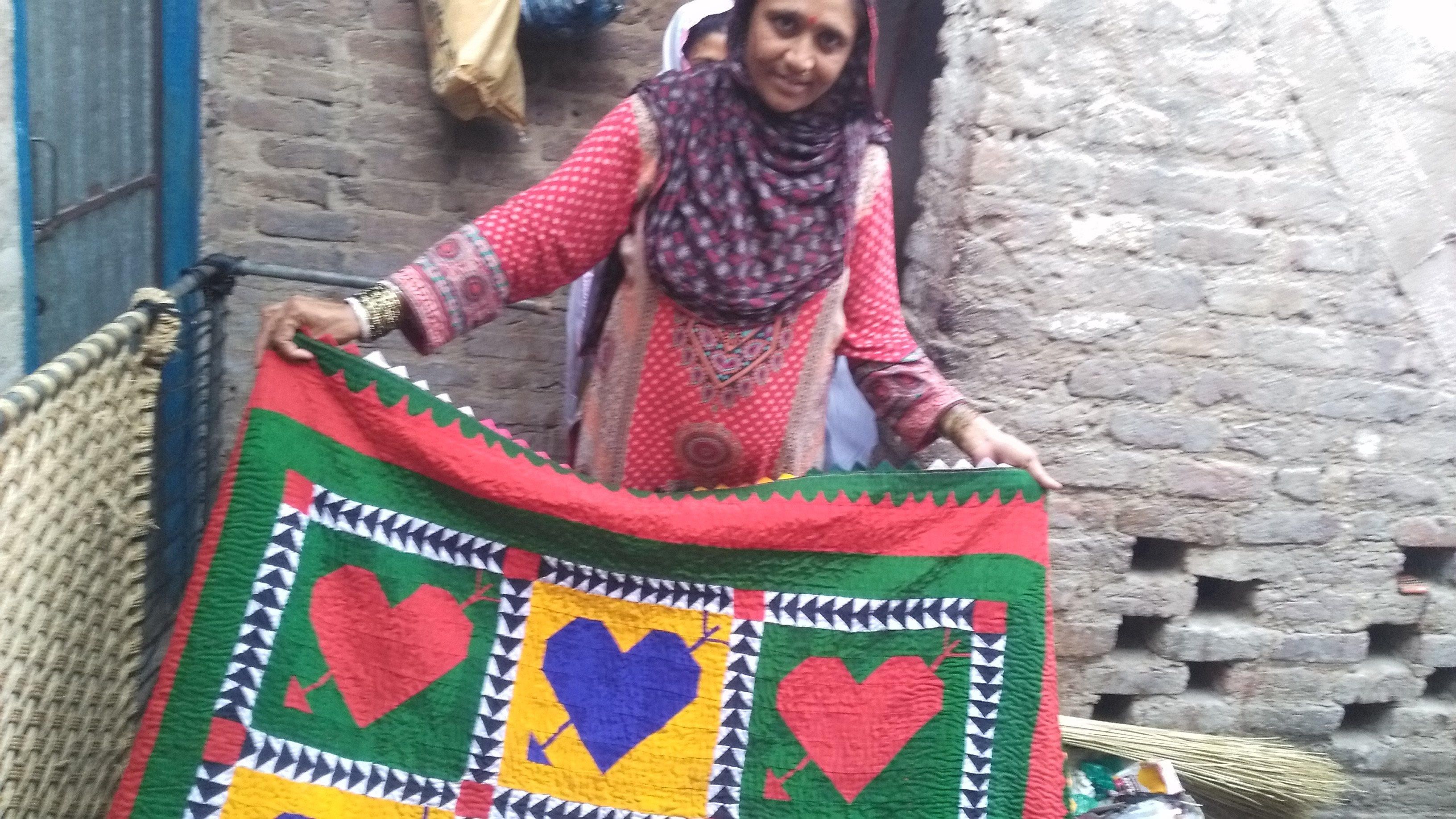
On being asked why the residents of her locality do not approach the civic authorities to keep their area clean, Kamla says, “They are busy pocketing money and do nothing for the welfare of the people in this area who live like animals. I think it is good for them because they don’t have any sense of how to live like responsible folks. Let them die like animals.” Her tone is angry tone as she passes abusive remarks against the civic authorities and the people in her locality.
Another story of suffering is that of Mai Anwari, a widow in her late 60s, who sells samosas and boiled potatoes in the area. Narrating her story to the Express Tribune she says that her husband was a labourer and used to work at a milk shop. According to her, her husband died three years ago after being ill for one year. “My sons are now working at the same milk shop but their salaries are too little to feed our family of ten people”, she says, adding, “That is why I used to sell samosas and boiled potatoes to earn some extra money.”
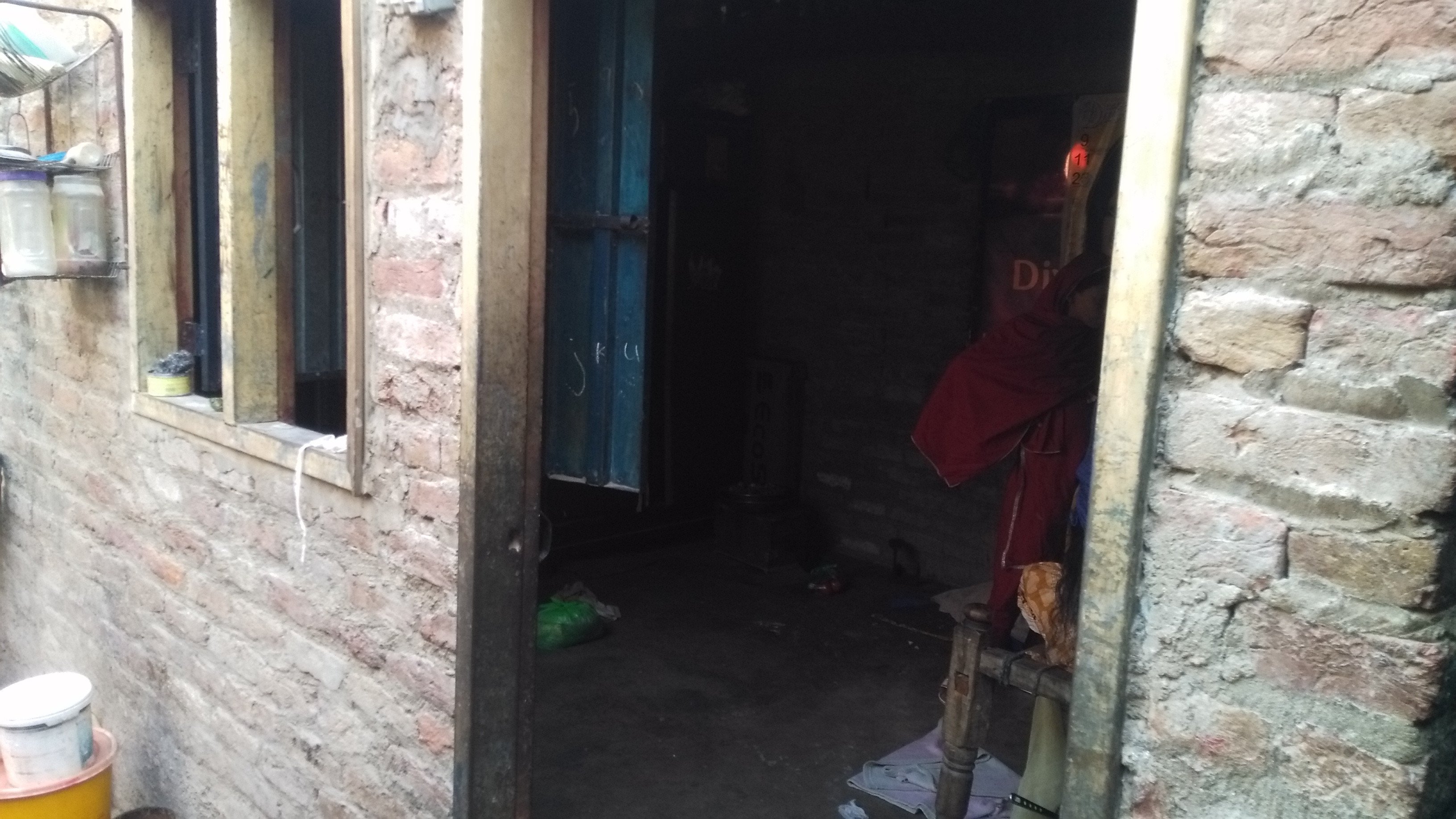
Mai Anwari lives in a two-room house along with her two sons, a daughter-in-law, and four grandchildren. Responding to the question why she is selling samosas and boiled potatoes in a locality where most of the residents are poor, she says, “I sell a samosa for Rs.10 and a boiled potato for Rs. 5 and earn good money to cater to the needs of my big family. My daughter-in-law stitches clothes to add to the income of the family.” On being asked how much her daughter-in-law is making, she replies, “My daughter-in-law is stitching ten to fifteen two-piece dresses per month and charges Rs. 400 to Rs. 600, depending upon the design of the dress.”
